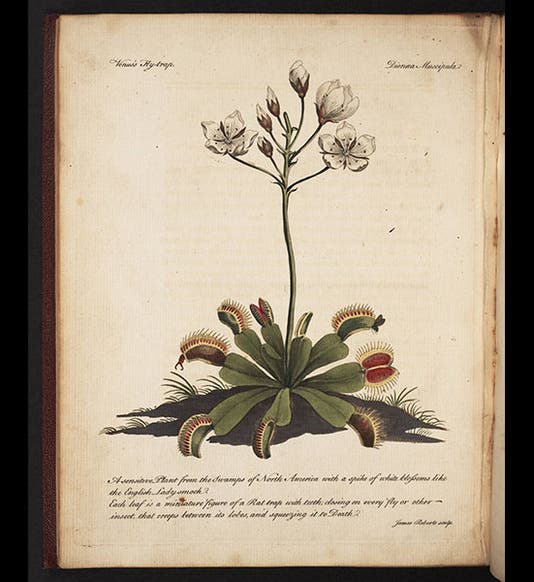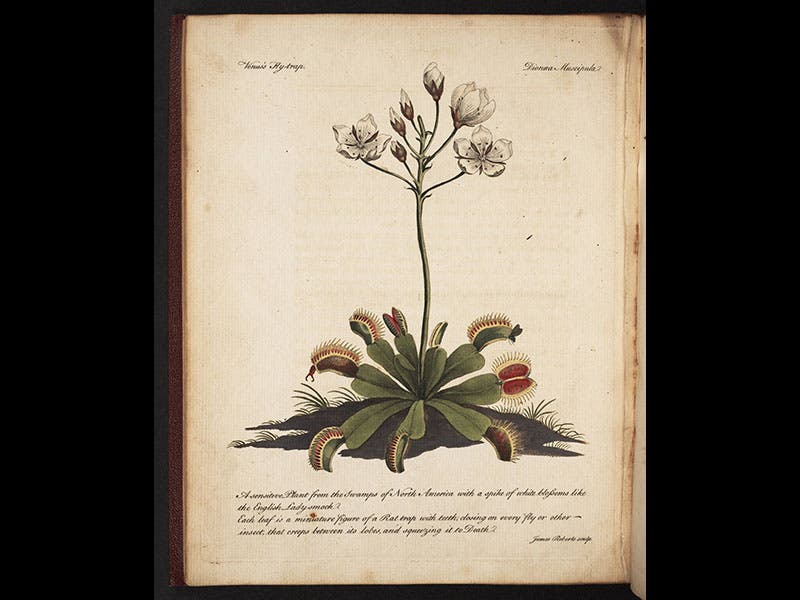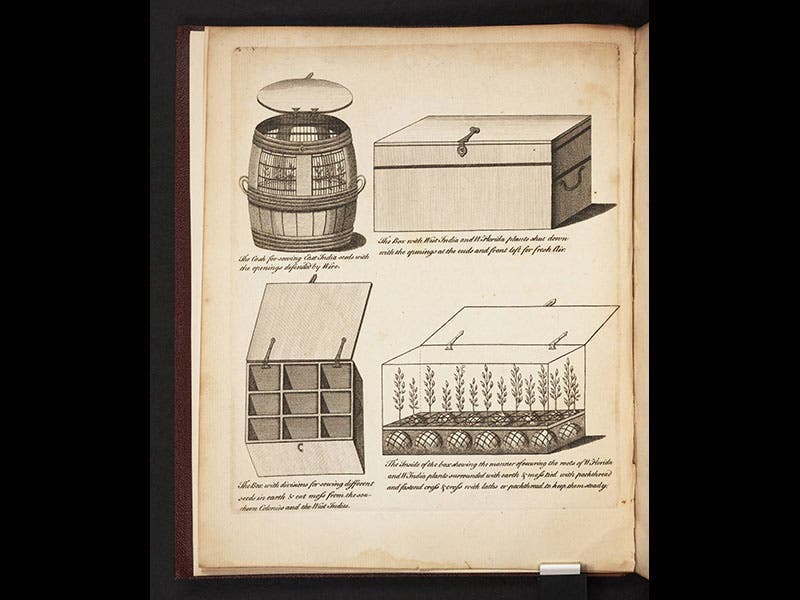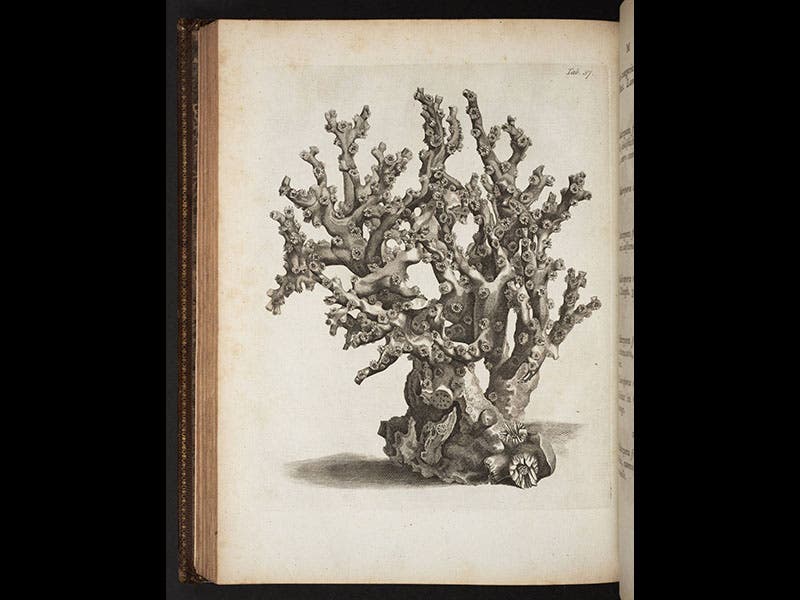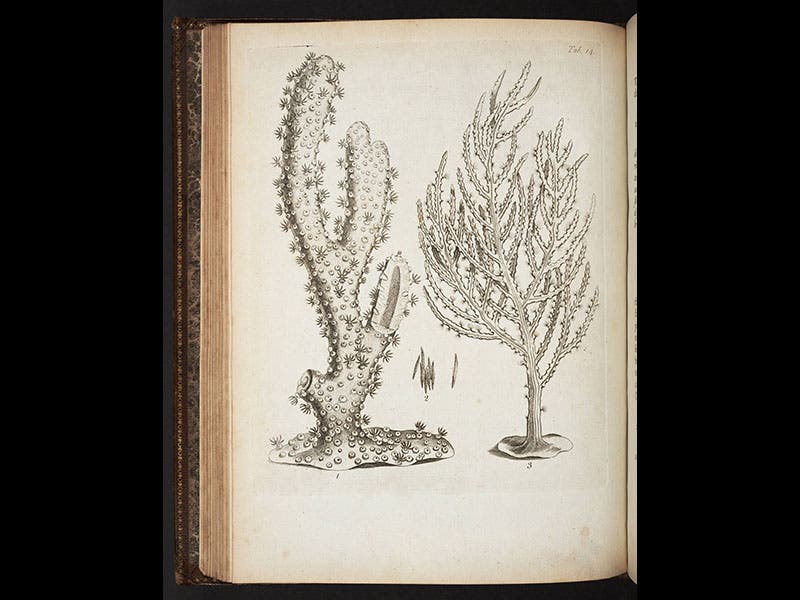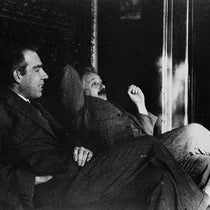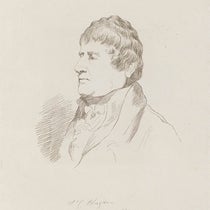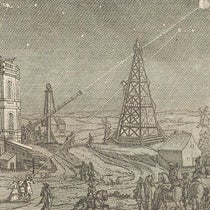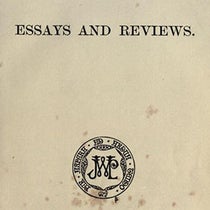Scientist of the Day - John Ellis
John Ellis, an English naturalist, died Oct. 15, 1776, at the age of about 66. In 1769, Ellis wrote a letter to the great Carl Linnaeus, describing a new plant that had come to his attention. Linnaeus was the world's recognized authority on all things botanical, and Ellis thought he would be pleased to learn about an oddity from the bogs of America, the Venus flytrap. The only other sensitive plant known at the time was the sensitive Mimosa, also from the Americas, which amazed everyone by its ability to close its leaves upon being touched (its scientific name, thanks to Linnaeus, is Mimosa pudica). But no one knew why the Mimosa pudica shut itself up on contact. The Venus flytrap, however, closed its leaves for an obvious reason--to capture and devour insects. Here was a brand new kind of entity: an actively carnivorous plant. Ellis enclosed a picture of the Venus flytrap, which he called Dionaea muscipula, with his letter, showing a living specimen, with a caterpillar and a moth in the throes of being digested; in a caption, he described the leafy snare as a "Rat trap with teeth." So that the rest of the world could appreciate the Venus flytrap, Ellis published his letter the next year in a pamphlet called Directions for Bringing over Seeds and Plants from the East Indies and Other Distant Countries (1770). It includes a colored engraving of Dionaea muscipula (see first image above). We have this work in our History of Science Collection. The frontispiece shows how best to package seedlings for long-distance shipment (second image).
Ellis also posthumously published Natural History of Many Uncommon and Curious Zoophytes (1786), which contains many fine engravings of corals and related organisms (third and fourth images above). We will feature this work in some future anniversary.
Dr. William B. Ashworth, Jr., Consultant for the History of Science, Linda Hall Library and Associate Professor, Department of History, University of Missouri-Kansas City. Comments or corrections are welcome; please direct to ashworthw@umkc.edu.

